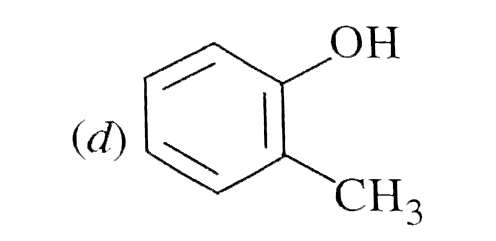All the hydrocarbons shown are very weak acids. One, however, is far more acidic than the others. Which one is the strongest acid ?
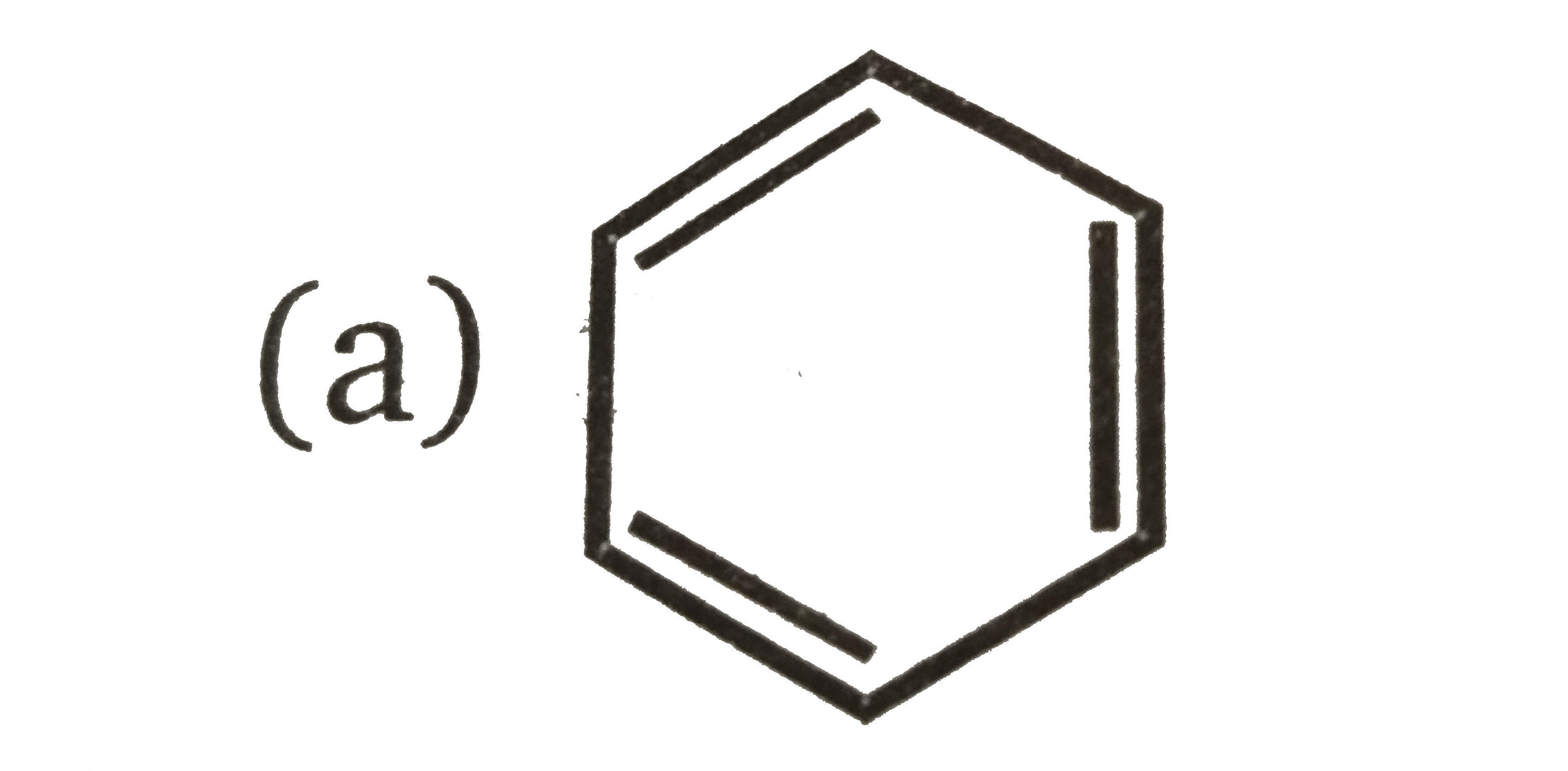


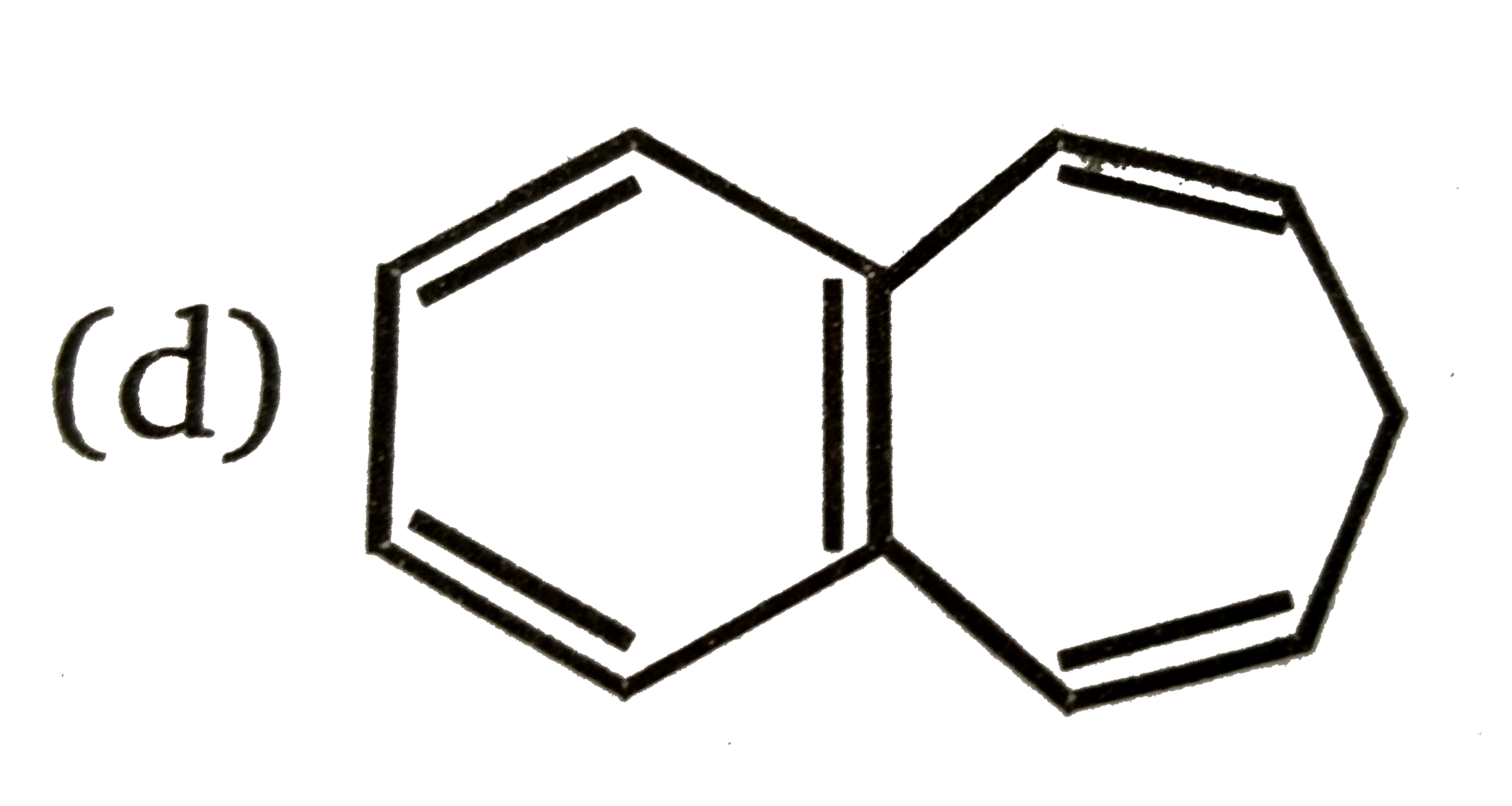
The correct Answer is:C
To determine which hydrocarbon is the strongest acid among the given options, we need to analyze the stability of the anions formed when these hydrocarbons donate a proton (H+). Here’s a step-by-step solution:
Step 1: Understand Acid Strength
Acid strength is determined by the ability of the compound to donate a proton (H+) and the stability of the resulting anion. A stronger acid will more readily lose H+ and will form a more stable anion.
Step 2: Analyze the Hydrocarbons
Assume we have four hydrocarbons (let's denote them as A, B, C, and D). We need to evaluate the stability of the anions formed from each when they lose H+.
Step 3: Evaluate Anion Stability
1. Hydrocarbon A: When it loses H+, the resulting anion is not stabilized by resonance. This makes it a weak acid.
2. Hydrocarbon B: The anion formed is stabilized by resonance. This increases the stability of the anion compared to Hydrocarbon A.
3. Hydrocarbon C: The anion formed is also stabilized by resonance, and it can participate in resonance across multiple rings, enhancing stability even further.
4. Hydrocarbon D: Similar to Hydrocarbon A, the anion formed is not stabilized by resonance, making it a weak acid.
Step 4: Compare Stability
- Hydrocarbon A and D have the least stable anions.
- Hydrocarbon B has a more stable anion than A and D due to resonance.
- Hydrocarbon C has the most stable anion because it can delocalize the negative charge over multiple rings, making it the strongest acid.
Conclusion
Based on the analysis, Hydrocarbon C is the strongest acid among the given options because it forms the most stable anion through resonance.
Final Answer
The strongest acid among the hydrocarbons is Hydrocarbon C.
---
Acid strength is determined by the ability of the compound to donate a proton (H+) and the stability of the resulting anion. A stronger acid will more readily lose H+ and will form a more stable anion.
Assume we have four hydrocarbons (let's denote them as A, B, C, and D). We need to evaluate the stability of the anions formed from each when they lose H+.
1. Hydrocarbon A: When it loses H+, the resulting anion is not stabilized by resonance. This makes it a weak acid.
2. Hydrocarbon B: The anion formed is stabilized by resonance. This increases the stability of the anion compared to Hydrocarbon A.
3. Hydrocarbon C: The anion formed is also stabilized by resonance, and it can participate in resonance across multiple rings, enhancing stability even further.
4. Hydrocarbon D: Similar to Hydrocarbon A, the anion formed is not stabilized by resonance, making it a weak acid.
- Hydrocarbon A and D have the least stable anions.
- Hydrocarbon B has a more stable anion than A and D due to resonance.
- Hydrocarbon C has the most stable anion because it can delocalize the negative charge over multiple rings, making it the strongest acid.
Based on the analysis, Hydrocarbon C is the strongest acid among the given options because it forms the most stable anion through resonance.
The strongest acid among the hydrocarbons is Hydrocarbon C.
Topper's Solved these Questions
- AROMATIC COMPOUNDSBOOK - MS CHOUHANCHAPTER - AROMATIC COMPOUNDSEXERCISE - Level 1 (Q.31 To Q.60)
1 Videos
- AROMATIC COMPOUNDSBOOK - MS CHOUHANCHAPTER - AROMATIC COMPOUNDSEXERCISE - Level 1 (Q.121 To Q.150)
3 Videos
- AN INTRODUCTION TO ORGANIC REACTIONS AND THEIR MECHANISMS ACIDS AND BASESBOOK - MS CHOUHANCHAPTER - AN INTRODUCTION TO ORGANIC REACTIONS AND THEIR MECHANISMS ACIDS AND BASESEXERCISE - ADDITIONAL QUESTION (SINGLE CORRECT CHOICE TYPE )
32 Videos
- BIOMOLECULESBOOK - MS CHOUHANCHAPTER - BIOMOLECULESEXERCISE - Level 2
1 Videos
Similar Questions
Knowledge Check
Which is the strongest acid ?
AHCOOHBCH3COOHC(CH3)2CHCOOHD(CH3)3CCOOHWhich is the strongest acid ?
ACH3OHBCH3CH2OHCC6H5COOHDC6H5SO3H.Which is the strongest acid ?
ACl−CH2−CH2−OHB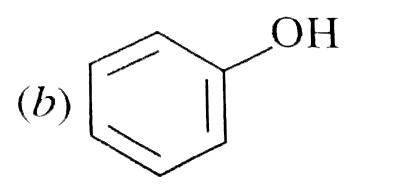 C
C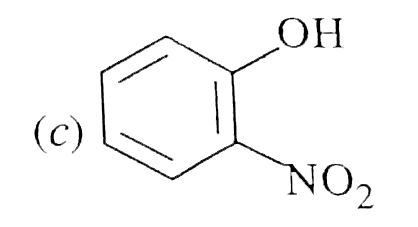 D
D